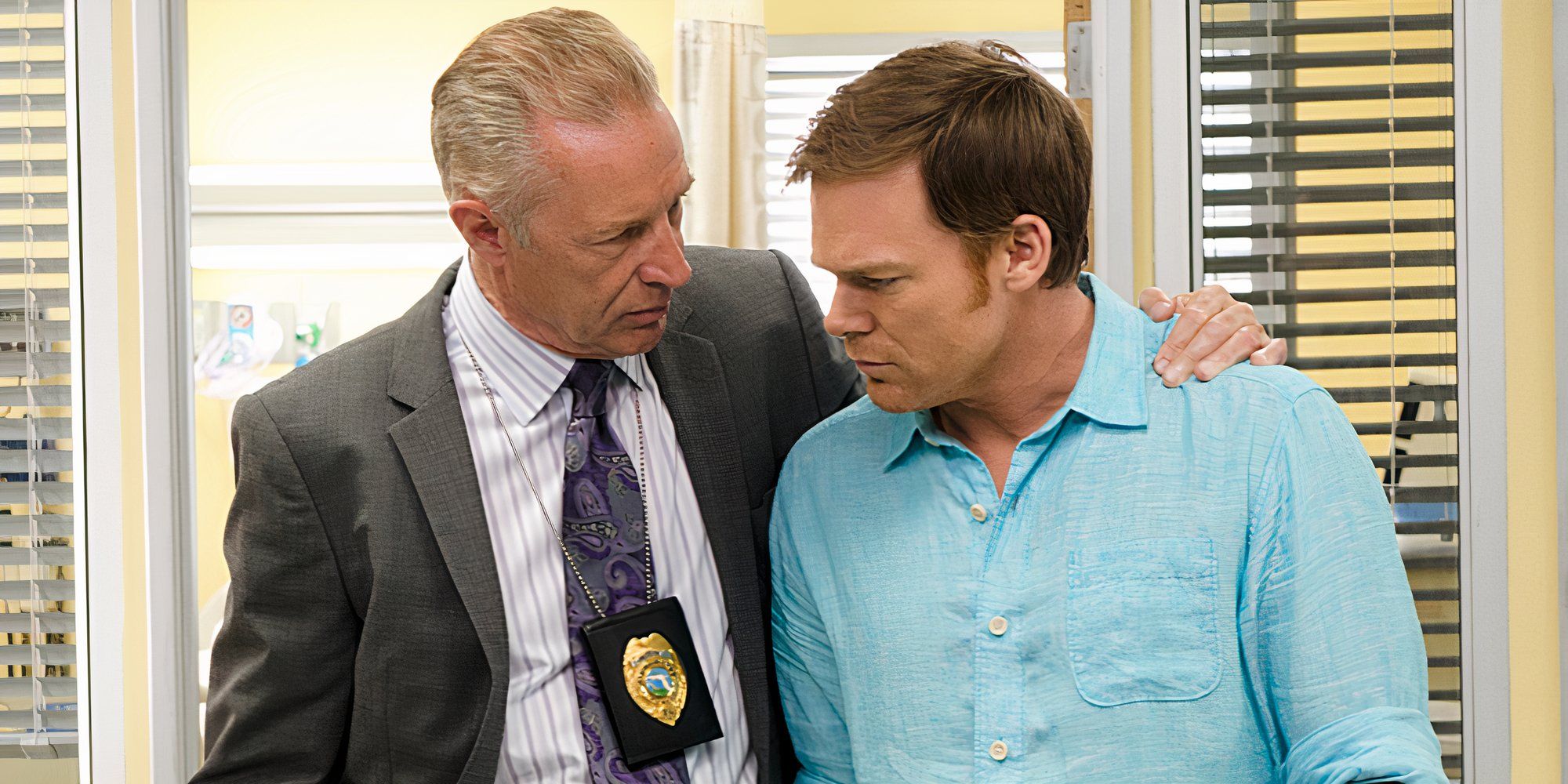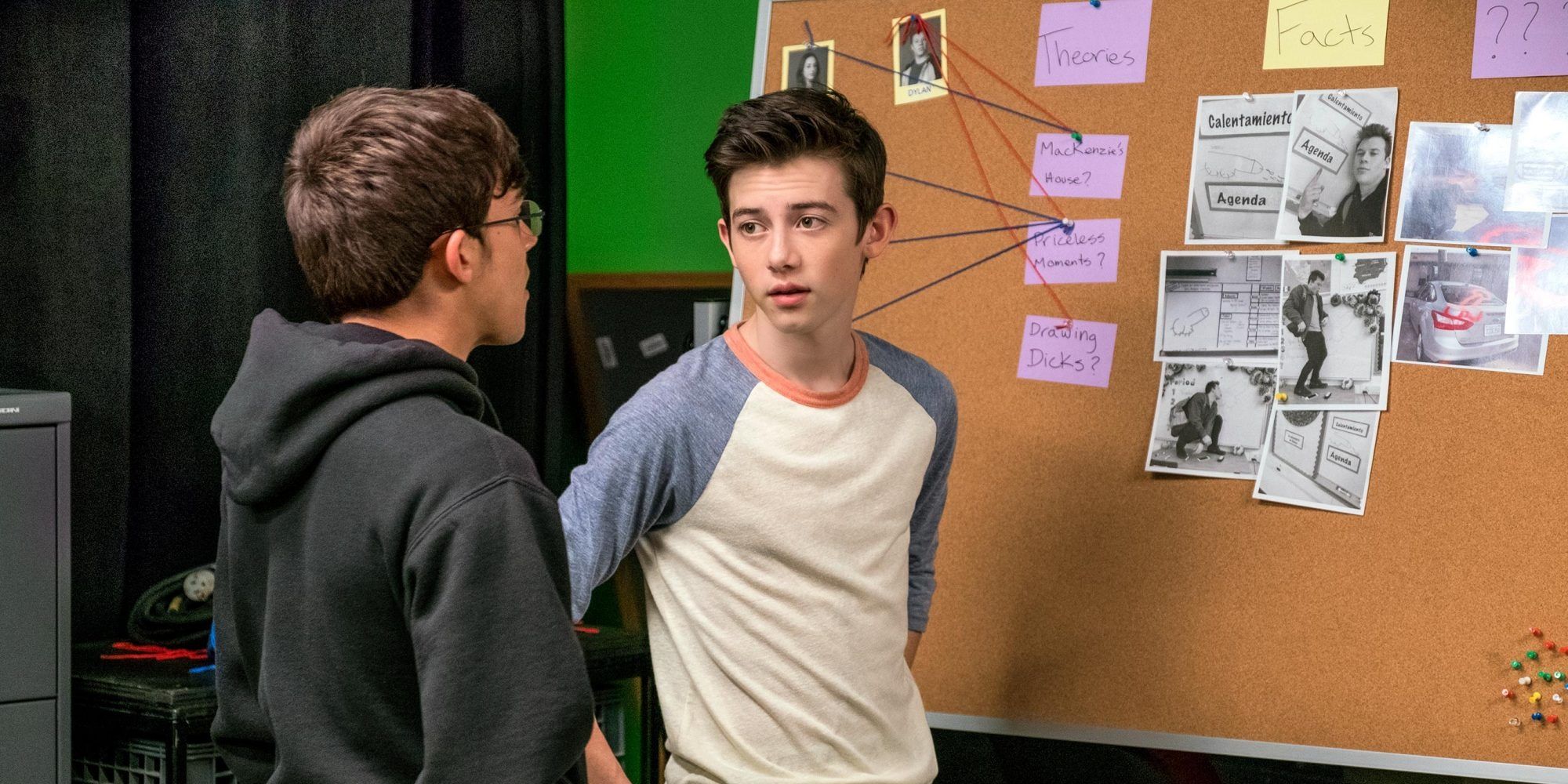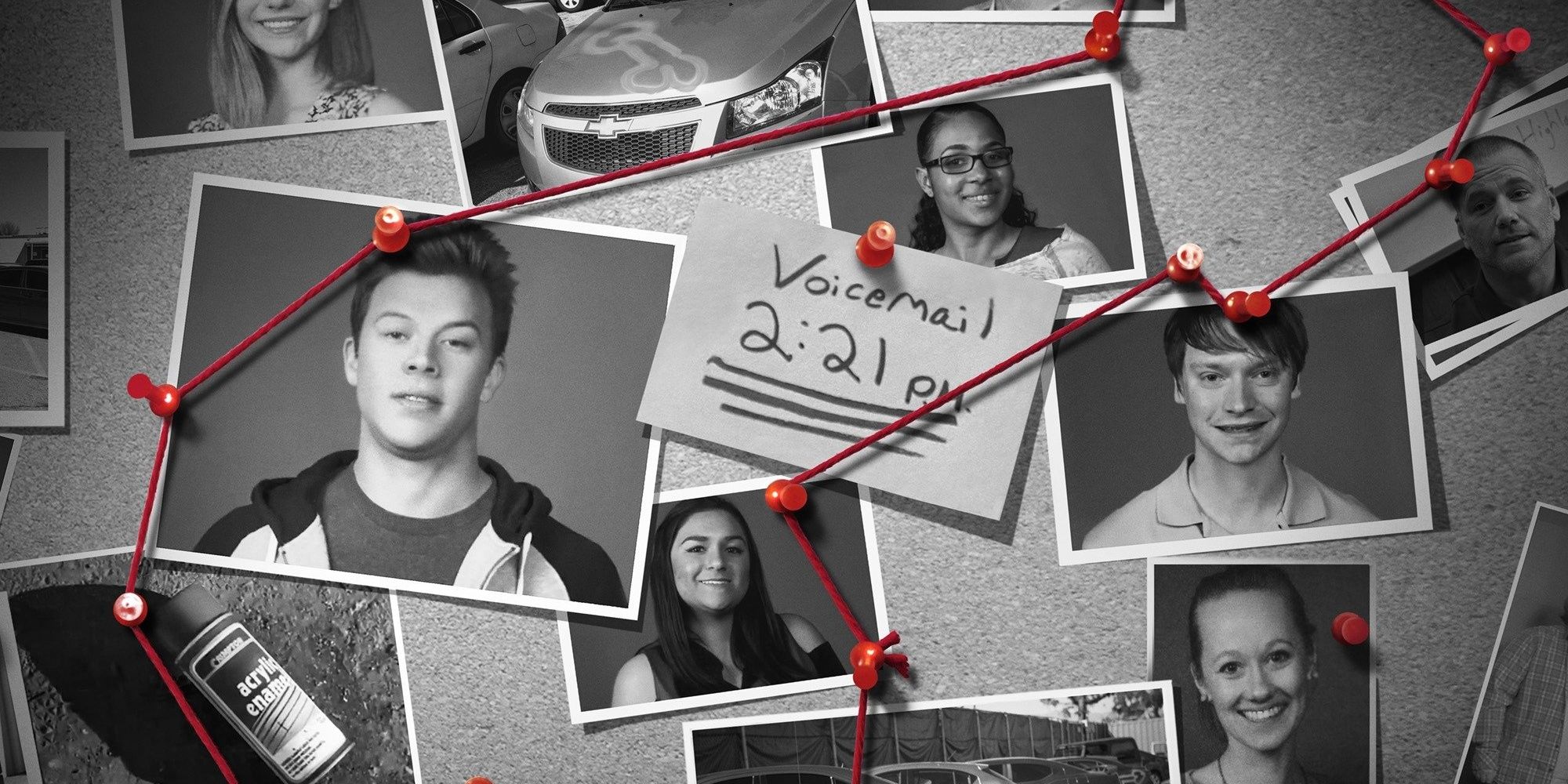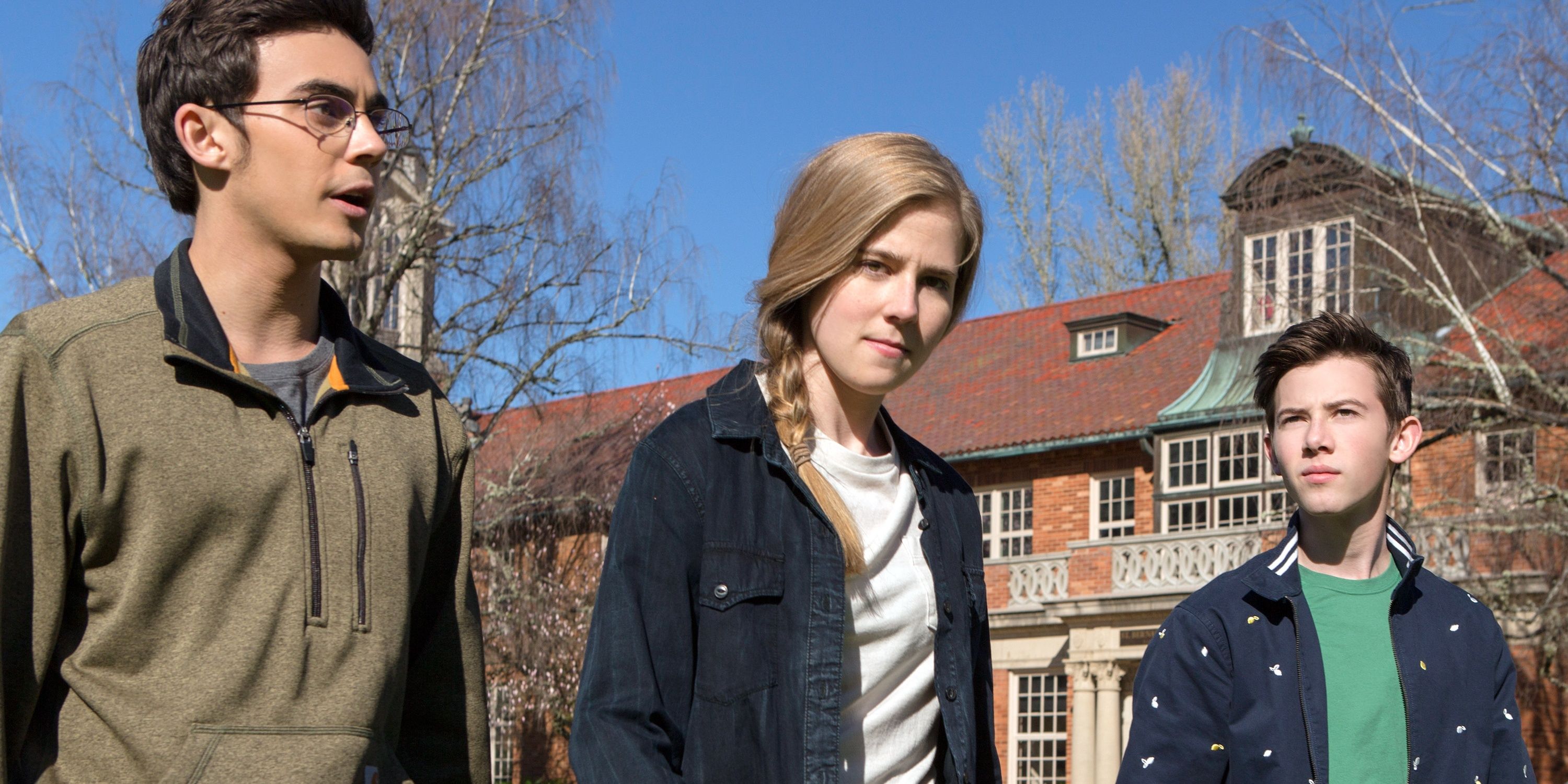The enduring popularity of the true-crime genre has outlived fad and moved into a permanent fixture of entertainment. One can hardly scroll through Netflix without learning more than they may want to about one serial killer or another, but at least some have boldly set out to mock the genre.
Parody is having a rough time as a genre, and the golden age of the spoof movie is long since dead. The face of the genre in the modern era is unfortunately the abysmal Seltzer and Friedberg output like Epic Movie or Vampires Suck. Spoof media is having a much better time on TV, and even better on Streaming TV. Landmarks like Documentary Now show off the strength of the medium, and projects like American Vandal prove that spoof is alive and well.
American Vandal is a crime documentary in the mold of Making a Murderer or Serial, that ran two seasons in 2017 and 2018. The series was created by Tony Yacenda, who went on to direct an episode of sincere documentary series Trial by Media, and Dan Perrault, who wrote the upcoming film Strays. The duo wrote and directed the piece, with some production help from studios including Funny or Die. The series was canceled after the second season but is reportedly still being shopped around to other networks or services. It stars Tyler Alvarez, best known for Nickelodeon sitcom Every Witch Way, and Jimmy Tatro, a veteran character actor with roles in films like 22 Jump Street.
American Vandal has a simple presence, the production value, and the presentation of a true-crime documentary, applied to an incident with far lower stakes. Season one takes place at a California high school which was recently rocked by an act of vandalism. Twenty-seven faculty cars at Hanover High were defaced with phallic images, and the investigation found its alleged culprit. This crime raises beyond the level of prank and threatens the culprit with expulsion, a six-figure fine, and felony charges. Senior class clown Dylan is immediately believed to be responsible, but an intrepid school reporter named Peter breaks rules and asks tough questions to find the truth. Peter and his best friend Sam uncover high school drama, adolescent deceit, faculty malfeasance, and the occasional hidden serious issue. It's an intense mystery, packed to the gills with immature humor, but focused both on addressing real social issues and critiquing the weak points of the true-crime documentary genre.
The series as the audience experiences it exists within the narrative, Peter is uploading each episode to YouTube after it ends and characters are constantly reacting to the secrets revealed. Because the investigation is being conducted by 15-year-olds, it's largely asinine and most actual breakthroughs occur on accident. Peter and Sam go on weird tangents to investigate the actions of their classmates, only tangentially related to the vandalism case. Dylan makes himself look guilty at every turn, but there's a strange charm to his immature hedonism. The documentary treads into some weird territory with its characters, but the negative consequences are addressed. It points an accurate finger at the dangers of true crime media, the negative attention that often comes to supporting characters. It's simultaneously intelligent and puerile, clever and crass, it works on a variety of levels. The series' end thesis, the true horror of someone finally knowing what everyone thinks about them, is delivered with chilling perfection.
The second season of the series doesn't hold together as well as the first. Peter and Sam, made famous by the first season of the series and now canonically funded by Netflix, head to another school to investigate a new crime. The first season has the benefit of every major character existing in the same ecosystem. The ever-shifting sociological ecosystem of high school and every player involved influencing each other like rival nations in wartime was key to the tension. The second season lacks parts of that, but still manages the clever juxtaposition between serious presentation and potty humor. The need to go bigger forces season 2 into a more extravagant crime, and while it's gross, it is a bit more gruesome than the first season's phallic defacement. The first season is a work of art with a fantastic end, but fans will enjoy the second season's evolution of the format.
Execution is everything with American Vandal. The idea could've easily been a dull waste of time, but the series elevates the simple concept through excellent writing and direction. American Vandal will work best on fans of sketch comedy, those who had a rough time in high school, and anyone sick of the Making a Murderer format. The mockumentary subgenre has been the source of some of the best comedies of the generation, and this one is an excellent addition to those hallowed halls. American Vandal is available on Netflix now.






